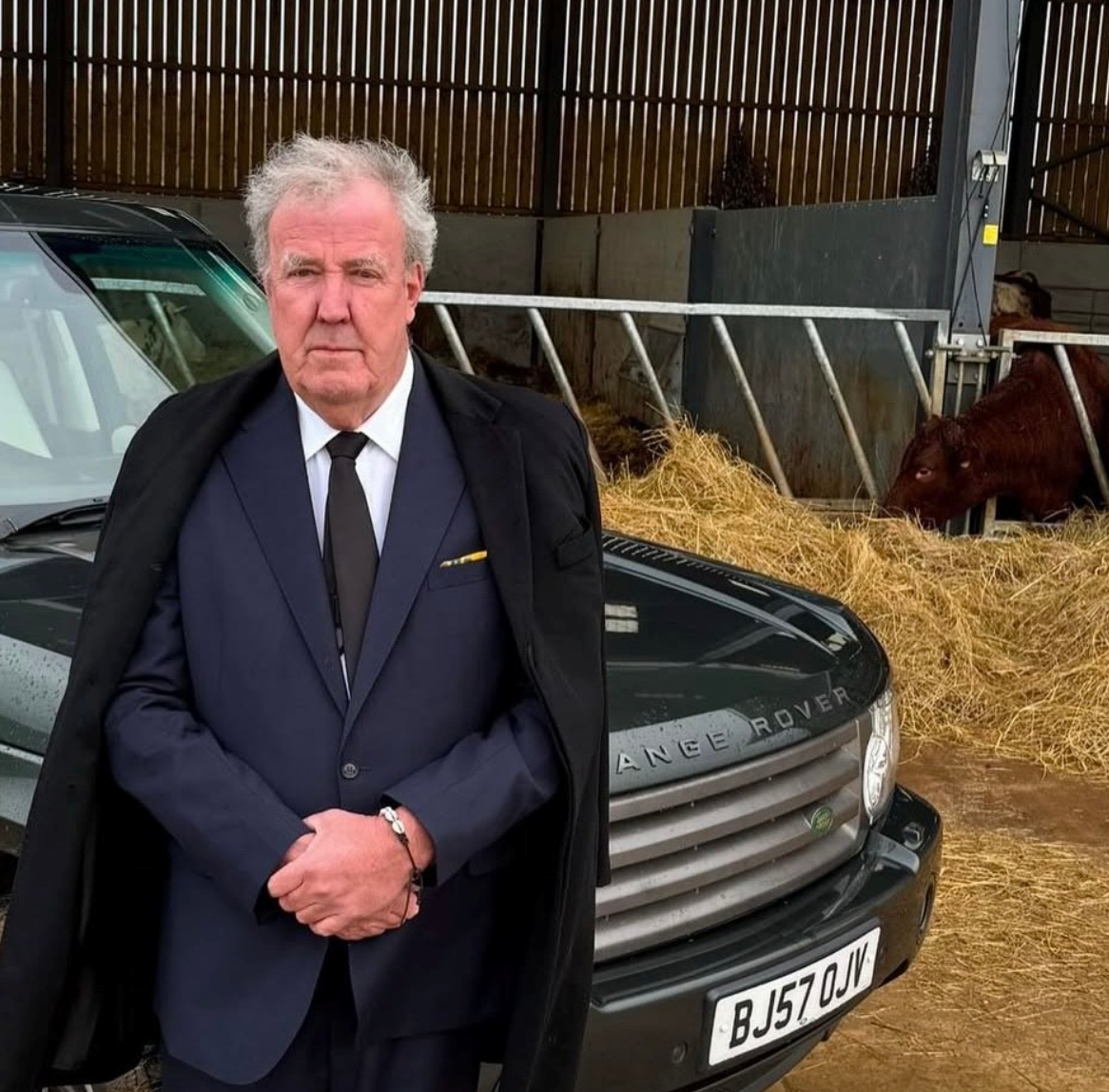Why we might owe a quiet thank you to Jeremy Clarkson’s unlikely rural revolution
It’s the annual Battle of Ideas Festival, holding its 20th weekend sessions at the Church House, Westminster, and resigned Labour MP Rosie Duffield points to the new government neglecting farmers, desperately crying out for their escape from the controversial inheritance tax, cutting them off from air to breathe.
Pointing to her resignation as a factor of the government not willing to seek advice from experts in the field like Rosie, who closely worked with rural communities and farmers throughout her pre-MP career and after, she adds: “I wish the Labour party would talk to us about what actually should be done for UK farms to get out of the current stagnation, but they don’t!”
In fact, the only parliament figures with prior experience in the farming business are few enough to count on one hand.
According to DEFRA records, total crop production fell by 5.3% to 11.7 billion in 2024.
An extremely wet winter made 2024 notable as the year when, over the past 40 years, the UK recorded the third lowest harvest numbers for wheat, oats and oilseed rape.
Another tangible piece of data hitting a sore spot for UK farming, and perhaps making it more personal for generations of family farmers, is the decline in beef production numbers.
Known for its high poultry and beef output, the UK saw a striking 4% drop in production in August 2025, even as the consumer population continued to grow, maintaining an increase of around 19.6% up to 2023.
Considering this harsh reality, the growing unpopularity of agricultural degrees at universities, government initiatives focusing primarily on the technical aspects of farming, which do not seem to address the core problems, and trade difficulties exacerbated by Brexit, the question of land ownership adds a bitter irony.
When land issues become upfront, they sting the farming industry more sharply than any of the other challenges mentioned above, emerging as an inevitable part of the cost-of-living crisis.
Alan Hughes, a third-generation farm business owner, expresses outrage at the proposed inheritance taxes.
“They have this idea of farmers being rich families. But we are not. Some of our lands don’t even belong to us.”
“My family has only 65 acres, which is nothing. So where am I supposed to get the money to pay the inheritance tax if I only have this amount of land, smaller than the tax itself?”, he added
In fact, acquiring more land for better production puts farmers in a position to broaden possibilities and improve their output.
With farming land rents increasing by 5% in early 2024 compared to 2022, and some crop-specific lands rising by as much as 7%, the farming community is desperate for adequate solutions from the government.
Instead, they face the harsh reality of silence, whether taking their tractors to the streets of Parliament or receiving assistance wrapped in bureaucratic policies.
Catherine McBride, an economist specializing in free markets, international trade, and agricultural policy, commented:
“The government decided to give the least reliably sunny country in the world millions of solar panels as an initiative to help farming get back on its feet. They didn’t realize we are not Australia, and this approach doesn’t address the real problems”.
And when hope seemed to be fading, Jeremy Clarkson launched his farm show.
His humorous attempts to herd flocks of sheep entertained Amazon Prime subscribers, mostly younger and middle-aged professionals from the upper-middle and upper classes, widely categorized as Groups A and B by media audience analysts.
While for the more adult audience, his show revealed the true cost of the farming industry, far from Range Rovers and the glamorous Tatler pages showcasing countryside farmhouses priced in the millions, or even billions, for the younger generation, the show became a call to action.
“Clarkson’s Farm” has boosted student demand for agricultural courses; this year alone, BA applications for this specialization at the Royal Agricultural University increased by 11%.
Apprenticeship applications also rose by 19%.
“I’m happy that Clarkson showed what it’s like to struggle to spread the finances correctly when you manage the land, the sources, the technology and what is most important, the people”, said Duffield.
“Social media tends to show us wrapped in a posh Barbour aesthetic, but Clarkson himself shows what it’s really like to struggle without the essential equipment needed for the work”, added Rosie.
Perhaps the power of media works in two ways, especially when its influence is paired with effective marketing strategies, as with Clarkson’s show.
From making people laugh at his desperate attempts to buy a tractor and its additional ploughing tools, to revealing the unvarnished truth of working the land on sunless days, it strikes home deeply.
Because if the government won’t sound the alarm, why not let a nationally iconic TV personality like Jeremy Clarkson remind the Brits what’s slowly disappearing from their plates?





















